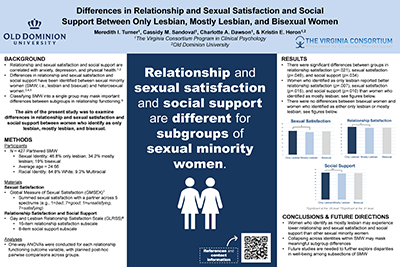ORCID
0000-0001-7641-3571 (Moody)
College
College of Health Sciences
Department
Nursing
Graduate Level
Doctoral
Graduate Program/Concentration
Nurse Executive
Publication Date
2023
DOI
10.25883/qsvv-h282
Abstract
Impaired skin integrity, wound formation, and infections are significant health concerns. Therefore, competent wound care is essential for skilled nursing facility residents in long-term care. To recoup losses sustained during the COVID-19 pandemic, one skilled, nursing facility in North Carolina increased admissions from other facilities from 59% to 68%, which resulted in a surge of residents with pre-existing and complex wounds. High staff turnover and inconsistent wound care practices were also observed. Research suggests that healthcare institutions with high attrition may experience degradations of clinical knowledge, skill proficiency, and safe, quality nursing care delivery. Evidence supports the use of simulation-based education sessions to improve staff knowledge and clinical skill proficiency involving wound care. The purpose of this project was to ensure safe, quality, evidence-based nursing practice of long-term care residents at risk for impaired skin integrity and wound healing. The project aims included a systematic record review to evaluate the incorporation of simulation-based scenario techniques into an existing wound care training program and examine its effects on clinical knowledge, skill proficiency, and satisfaction. The Plan-Do-Study-Act quality improvement framework guided this project. Results of a paired-t test indicated a significant difference between Pre-test (M = 24.9, SD = 7.2) and Post-test knowledge following the implementation of simulation-based scenarios in wound care training (M = 64.3, SD = 19.4), t(26) = 9.8, p < .001). Other results following the integration of hands-on wound care simulation-based training included 100% skill proficiency and 89% staff satisfaction (n = 27). Identified barriers and sustainment recommendations were provided to key stakeholders. The project results can serve as a beginning point for a greater understanding of evidence-based practices and quality improvement approaches for educators and leaders who oversee the nursing care of residents at risk for impaired skin integrity and wound healing in skilled nursing facilities.
Keywords
Simulation wound care, Long-term care
Disciplines
Nursing
Files
Download Full Text (538 KB)
Recommended Citation
Moody, Anna Sue and Sribanditmongkol, Vorachai, "Wound Care Training Using Simulation: Impacts on Clinical Knowledge, Skill Performance, and Satisfaction Among Skilled Nursing Facility Staff" (2023). College of Health Sciences Posters. 7.
https://digitalcommons.odu.edu/gradposters2023_healthsciences/7


